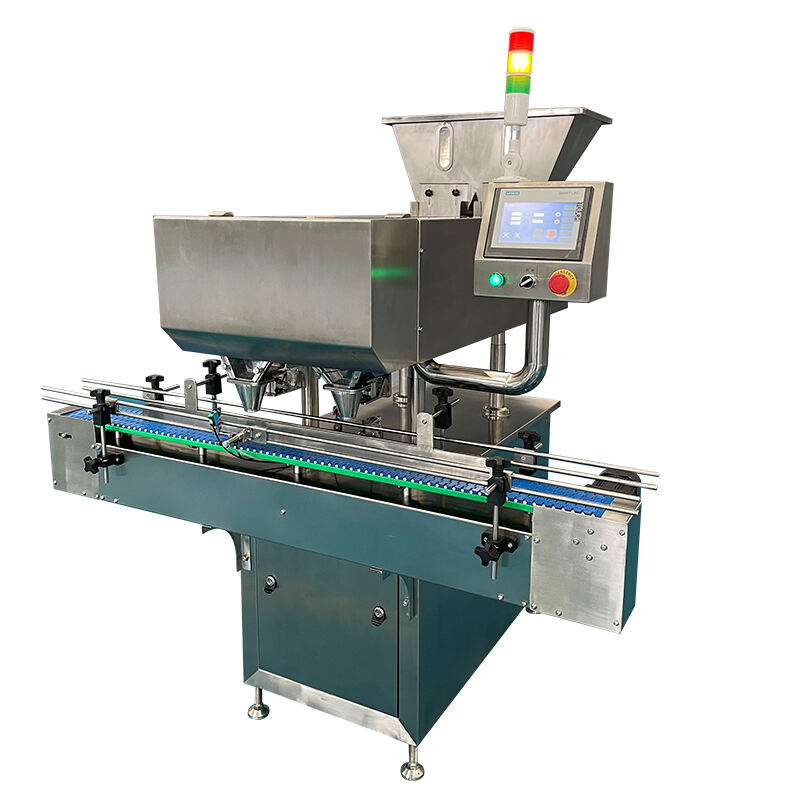
In the modern pharmaceutical environment, tablet and capsule counters have evolved from auxiliary tools to core infrastructure. Their primary value lies in ensuring patient safety—by using automation technology to reduce the error rate inherent in manual counting to zero, ensuring that each prescription is delivered with granular precision, and fundamentally eliminating the risk of medication errors caused by incorrect quantities. At the same time, such devices free pharmacists from time-consuming manual counting tasks, allowing them to focus their professional expertise on high-value services such as medication counseling and prescription review, significantly enhancing pharmacy service capacity and operational efficiency.
From a commercial operations perspective, the high precision of counting devices provides a solid data foundation for pharmaceutical inventory management. It effectively reduces medication wastage and discrepancies between recorded and actual inventory caused by counting errors, enabling precise cost control and profit optimization. Additionally, the precise counting records generated by the devices provide tamper-proof data support to meet regulatory audit and compliance requirements, significantly reducing compliance risks.
Notably, the application of counting instruments also embodies the value of humanistic care. By replacing repetitive mechanical operations, it effectively reduces the risk of occupational musculoskeletal disorders among pharmacy staff, creating a healthier and more sustainable work environment. In summary, modern tablet and capsule counting instruments have become a multi-dimensional enabling tool for ensuring medication safety, enhancing operational efficiency, optimizing resource allocation, and practicing humanistic care.
